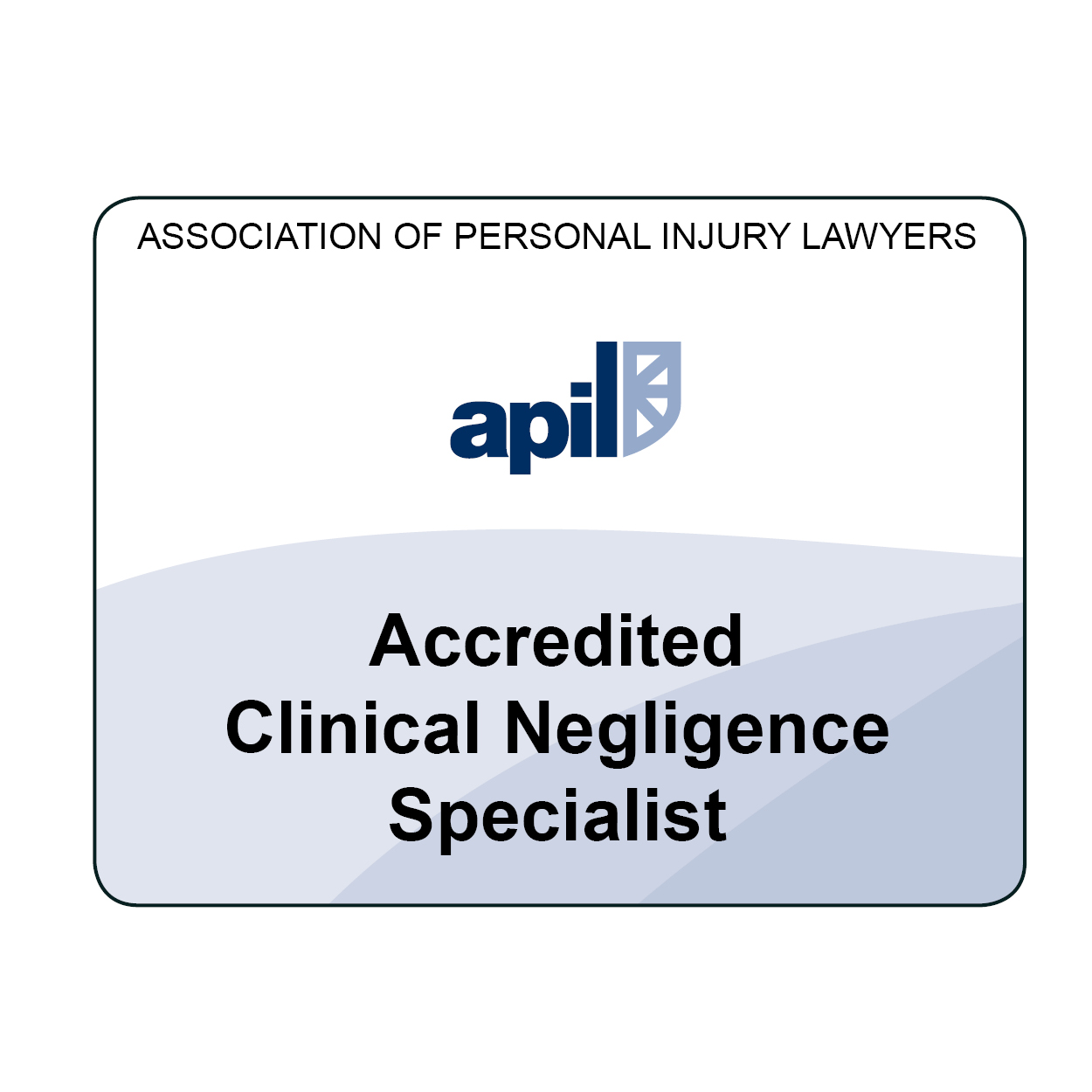Blackwater Law medical negligence solicitors acted for Mr L in a medical negligence claim in the High Court after he was misdiagnosed. The misdiagnosis meant he went on to suffer a serious stroke-causing life-limiting disability.

Making a medical negligence claim can be an effective means of putting things right and securing the support – whether financial or otherwise – you need to address the harm caused.
Timelines can vary significantly from one case to another, however, and there are a few things to consider when contacting a clinical negligence solicitor.
How long will my claim take?
In the UK, medical negligence claims take on average two to three years to conclude. Each claim must be assessed in stages where liability for, severity and duration of symptoms must be weighed to determine the damages awarded.
Your claim may be concluded more quickly or more slowly, depending on how swiftly your medical negligence solicitor is able to negotiate these stages for the best possible result.
Why do medical negligence claims take so long?
Several things can contribute to the duration of a medical negligence compensation claim.
If your medical provider chooses to dispute responsibility for the injuries/suffering you have undergone, this will lengthen proceedings as liability must be effectively established by going to court. In cases where liability is accepted by the healthcare provider, your clinical negligence solicitor will be able to move directly to negotiating a settlement.
In some cases, determining the extent of your injuries and how long they are likely to affect you can be straightforward. In others, input from expert medical witnesses may be required to determine precisely if and how your substandard care caused the damages you are claiming for. This process can become complex, particularly if the opposing party chooses to bring their own expert witness(es) to dispute those speaking on your behalf.
The length of proceedings may also be affected by the quality of the evidence being used to evaluate it. Where detailed records of contracts, payments, discussions and assessments are kept and presented to the court, they can come to form a strong case that may be difficult to deny by the opposing party, pressuring them to concede quickly. On the other hand, where evidence is scant or flimsy, or requires significant interpretation/clarification, establishing the truth of the matter can take much longer.
Helpful Resources
What if my claim has to go to court?
Most medical negligence claims are settled out of court; a process which typically yields favourable results for the claimant. However, in some instances – typically where the defending party denies all responsibility – the court may be the only option.
If this is the case, your clinical negligence solicitor will work with you to ensure you are kept abreast of developments and advise you if you are required to make any decisions. By acting on your behalf, they will work to reduce the emotional stress and administrative burden of taking a claim to court and fight to win you the best possible compensation, on a no-win, no-fee basis.






